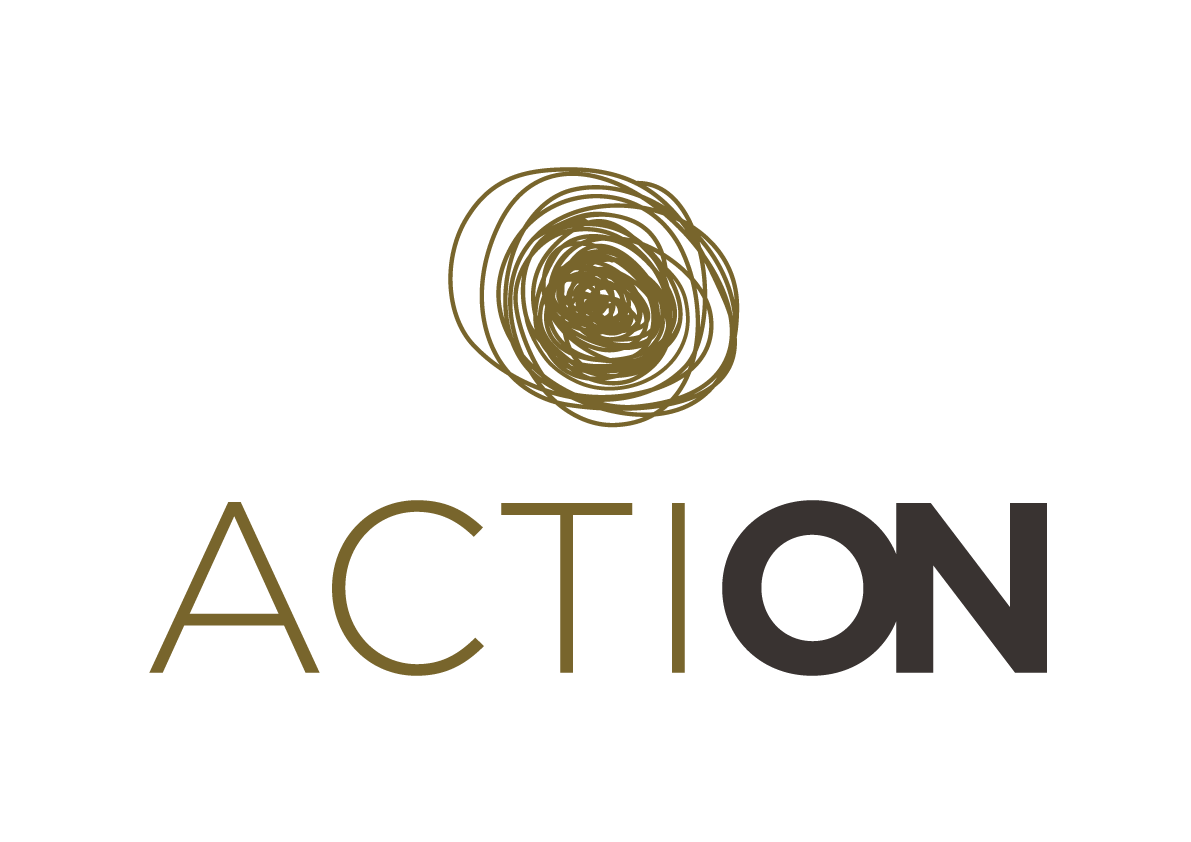Toolkit
About the ACTION process
Open calls
ACTION used cascading funding: A technique to redistribute funding to third party organisations who would be unable to apply for it at its source (in this case, the European Commission). Our pilots were mostly hosted by NGOs, but also other kinds of institutions, such as universities.
Our open calls – the way we allocated the cascading funding – followed this structure:
- Preparation: At the start, the requirements of the call were identified, call documentation (such as applicant guides and application forms) prepared, and an application submission system set up. The call outline and selection criteria are based on the goals and details described in the projects’ Grant Agreement – and therefore the source of our own funding.
- Call: Running the call is an intense period of 2-3 months in which applications are written and submitted, and applicants are supported, e.g. through webinars or email.
- Evaluation: Once the call closes, applications are screened for eligibility, and eligible applications reviewed by experts. Our review panel scored all applications, and a shortlist for interviews was drawn up based on these evaluations. A final selection was made by the consortium following the interviews.
- Negotiation: Each selected applicant was allocated a mentor, who supported them henceforth. They all created a work plan and budget outline for the duration of the six month programme, and finally signed a contract to formalise their participation in the programme.
An indicative timeline from the second open call run in the ACTION project in 2020 is provided in Fig 1. below.

Fig. 1: Process overview of the second ACTION open call in 2020.
The ACTION accelerator
Once successful applicants had been selected and their work programme agreed, they joined the ACTION accelerator. The ACTION accelerator methodology was developed in response to working closely with ACTION’s citizen science projects, both those recruited through an open call, and with case study projects who were with the project from the beginning. Through the Accelerator, the adoption of best practice in participatory research has been refined and promoted.
The Accelerator provided citizen science projects with an intensive support programme, including mentorship, access to expertise, bespoke consultancy and training in engagement, data science, inclusion and participation. In addition the projects became part of a network of practice in participatory research, and participated in peer-to-peer learning.
Projects joining each round of the Accelerator were introduced to each other, their mentors, the ACTION project and consortium through an initial “Kick-off meeting”, during which the participatory science lifecycle was introduced, along with the key focus areas of ACTION’s research and knowledge-base. The Kick-off meeting was in each instance designed to match the needs of the incoming projects with best practice and the knowledge and expertise of the ACTION project. The projects agreed plans for the following six months of Acceleration with their mentors at the start of the Accelerator, including the KPIs and milestones by which the projects’ progress would be measured. During the Accelerator period, projects participated in regular check-ins (usually once a month) alongside the offering of webinar training and regular calls to discuss diversity and inclusion. The Accelerator period closed with a final review of the projects’ outcomes. More information on the Accelerator can be found in ACTION Deliverables: Final Reviews of the Calls (Austen 2020a, Austen 2021) and Workshop Reports (Austen 2020b and Austen 2022).
